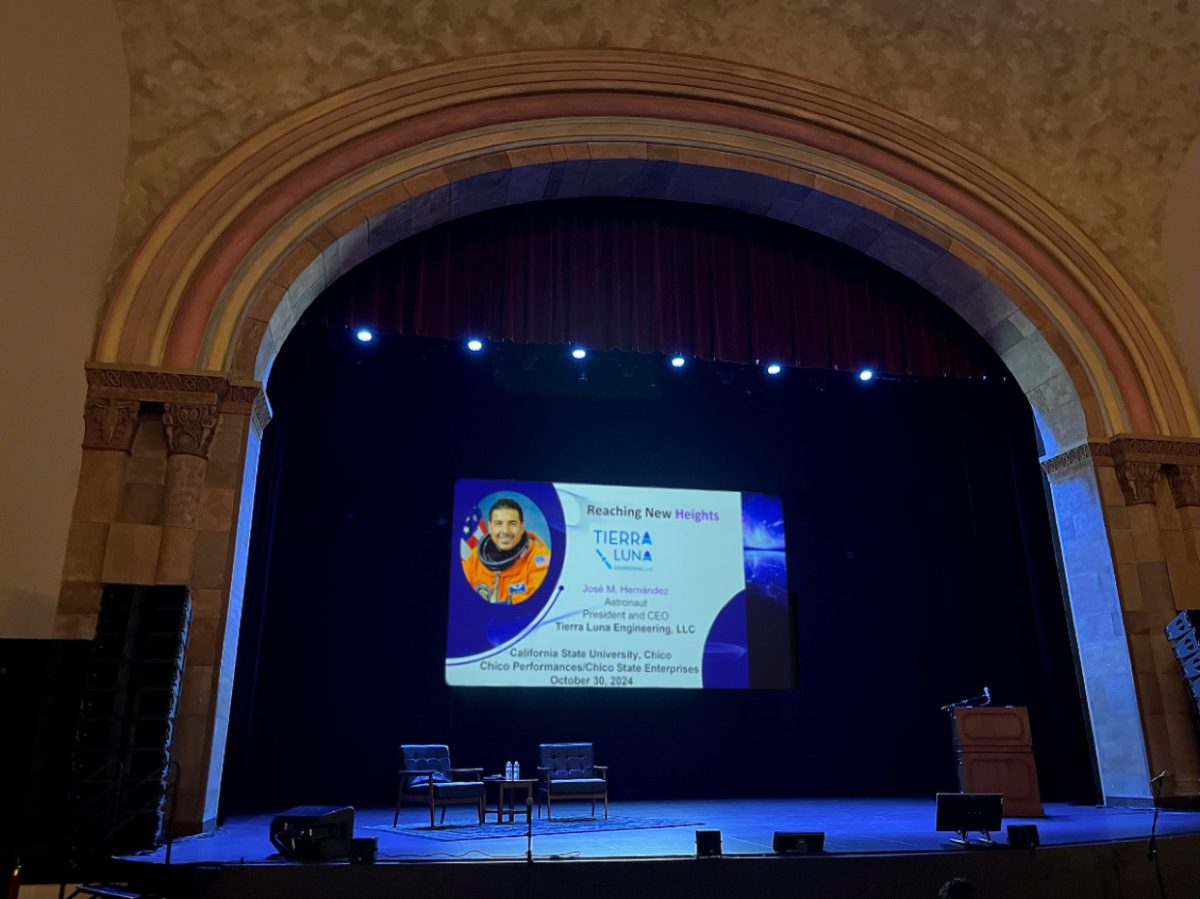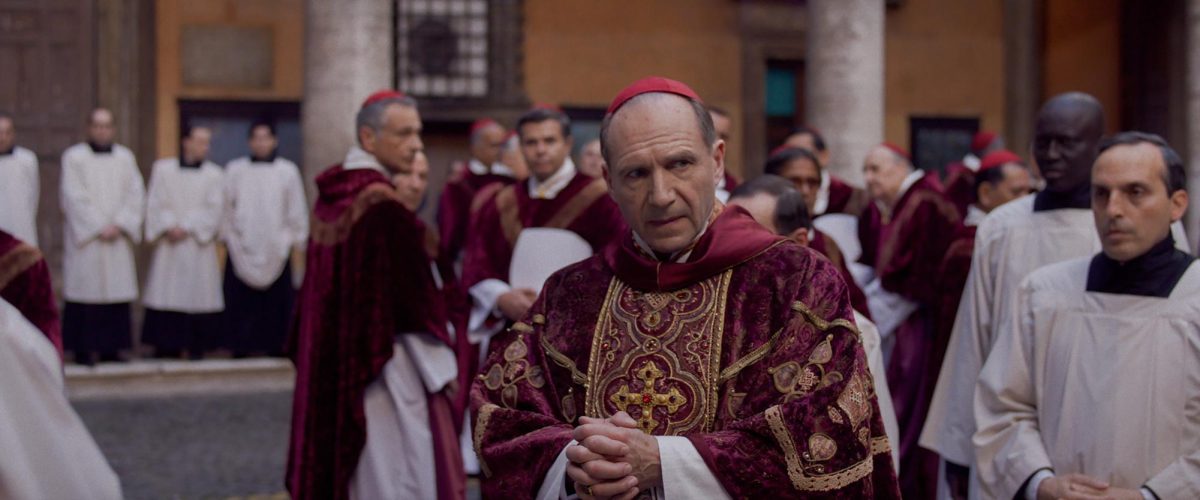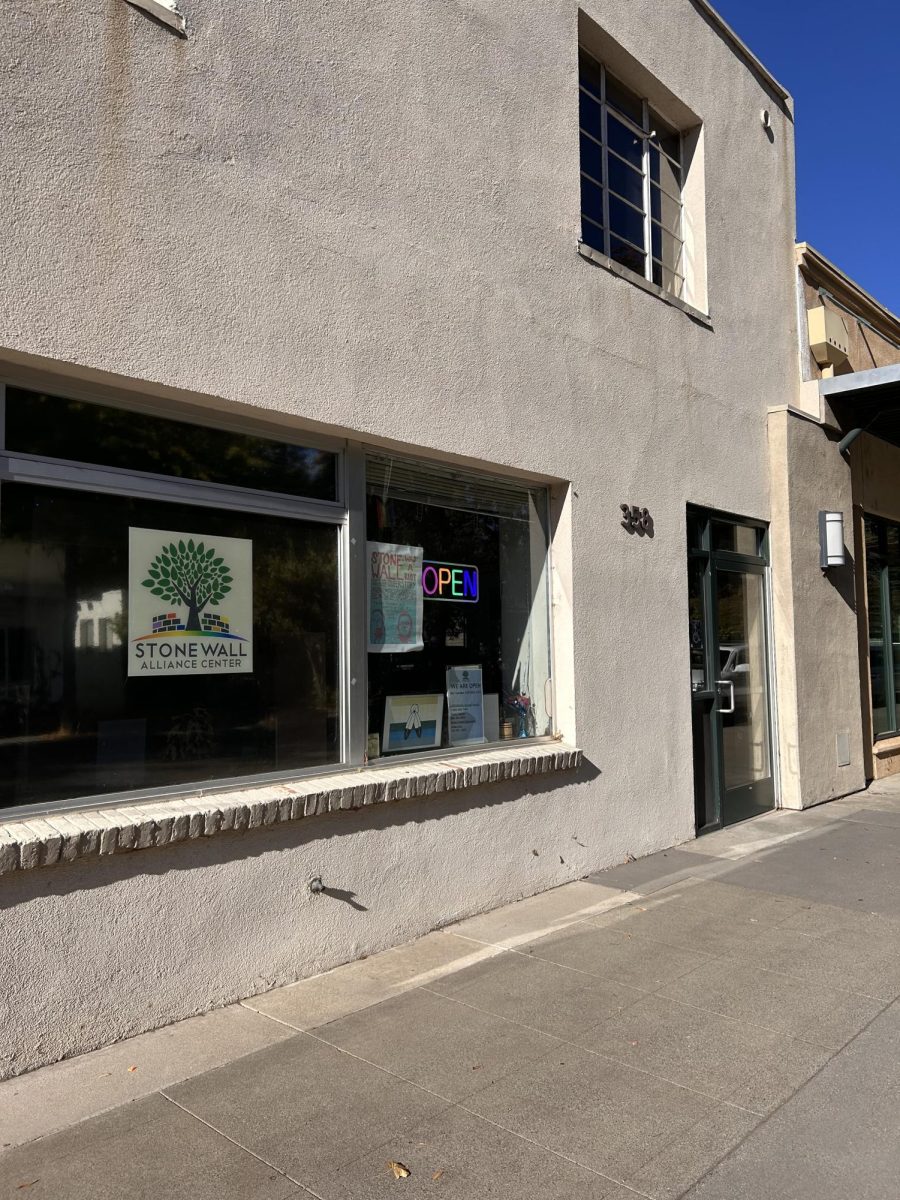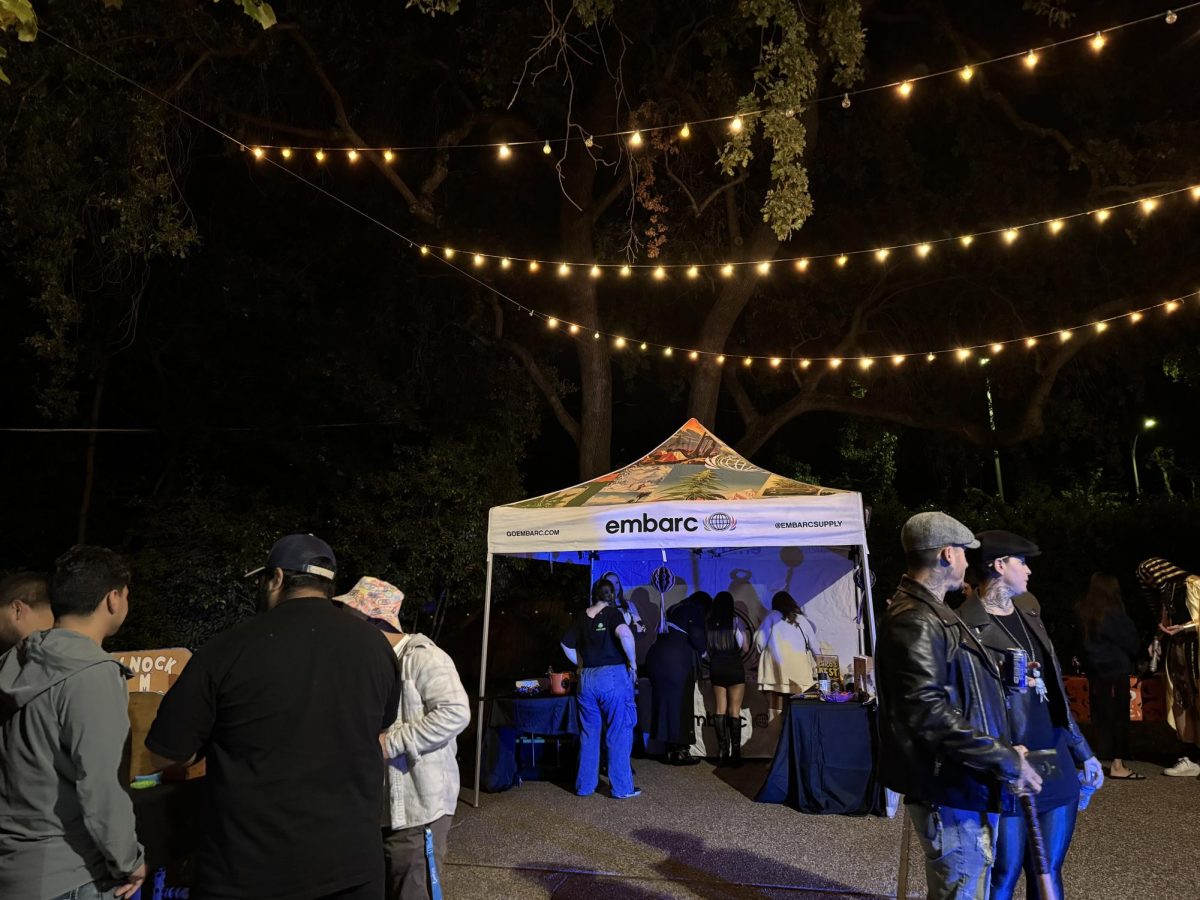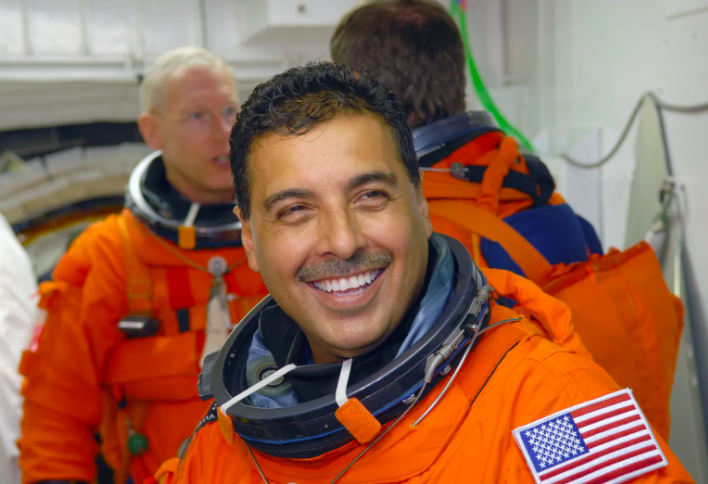Is there life on Mars?
If Mark Watney, the character stuck on Mars after a dust storm in Andy Weir’s novel “The Martian,” counts, then yes, there’s life on Mars.
Weir recently sat down with The Orion to discuss his book, “The Martian,” now a major motion picture.
You started out as a software engineer and now there’s a Ridley Scott movie starring Matt Damon based off of your novel?
Yeah, that’s how all software engineer career paths go, I think.
Have you always been a writer or was it something you did in your spare time?
Well, I always wanted to be a writer, but I wanted to eat regular meals, too. So I went into software engineering when the time came to choose a career, but I always wanted to be a writer ever since I was a teenager. I’ve been writing the whole time, it just took me a long time to suck less at it.
How did “The Martian” come to exist?
It was a serial I was working on— just as a hobby for my website— and I was posting it chapter by chapter. I eventually finished it and people started emailing me saying, “Hey, I like ‘The Martian’, but hate reading it on a website. Can you make an e-reader version?”
So I figured out how to do that, but they were like, “Hey, I’m glad there’s an e-reader version, but I’m not very tech-savvy— can you post it on Amazon so I can just get it through their system?”
So I did that too. But Amazon requires you to charge 99 cents because you’re not allowed to give it away for free, so I charged the minimum 99 cents and people started buying it. The reason I think is because people are willing to pay a buck to get around the technology hassle.
But it started selling real well. It got really good reviews from readers and it started showing up in Amazon’s “You Might Like” list. It snowballed. I didn’t do anything to market it— it kind of went around on its own. An agent approached me and said, “Hey, do you need an agent?”
I said, “Sure,” and in a week he had me on the phone with Random House.
Where does Watney’s humor come from? Why make “The Martian” funny?
Watney’s personality is based on my own. He’s a smart-ass, because I’m a smart-ass. He’s better than me at everything I do and he doesn’t have any of my flaws, sort of what I wish I could be. Watney had to be funny, the narration had to be funny, because there’s so much scientific exposition in the story it would be really boring if it wasn’t told in a funny way. So that was pretty much the only way to tell that story.
Did you work out all the math and science equations in the novel by yourself?
Yeah, I did. All the research was me. I didn’t know anybody in aerospace at the time— I was all on my own.
In the process of writing “The Martian” did you ever contact NASA?
No, I didn’t. But to be fair, I spent my whole life as a space dork, so I started off with more than a layman’s knowledge because it was my hobby. If you have a gear head— a guy who’s into cars— he’s going to know more about cars and stuff than the average person, right? For me, it was space stuff.
What has been NASA’s reaction to your book?
They’re very happy with it. First off, they said it’s an accurate portrayal of the difficulties of space travel and they hope it will help renew interest in the space program. They place $100 million of advertising in their point of view, and I’m sure it doesn’t hurt that it portrays them in a very positive light as heroes.
Have you seen the movie? If so, what did you think of it?
Yes, I’ve seen it several times now and I love it. It’s great. It’s a very well-done movie and it’s a faithful adaptation of the book. I think they knocked it out of the park. People are really going to like it.
Did you and “The Martian” screenwriter, Drew Goddard, ever talk about how he was adapting your novel?
Oh, yeah. He was on the phone with me every day while writing the adaptation. He didn’t have to do that— he chose to include me. I said I’d look at the screenplay when it was done and he took feedback from me and made changes based on the feedback and stuff like that. I was a total outsider, to be clear. I had no authority and I had no say. He just wanted my opinion, which was cool.
Do you have any upcoming projects you want to talk about?
Yeah, I’m working on a new novel, “Zhek.” It’s a more traditional sci-fi with aliens and faster-than-light travel, but in my own way. I came up with my own physics; it’s made up, but I’m eternally consistent. That book should be out sometime around late 2016.
Lastly, what would be your advice to young people that want to be writers and to those interested in the space program?
For the space program, I don’t know. The space program is broad. It’s an entire category of questions of what you want to do for that. You want to be a computer scientist or mechanical engineer or an astronaut. Those are each fields I’m not an expert in, so I’m not sure how to break into those fields.
For writing, there are three bits of advice I have:
You actually have to write. Sitting around daydreaming how awesome your story is going to be is not writing. That’s just daydreaming. You don’t know the issue or problems with your story until you actually start writing it. It’s not a story until you write it.
Resist the urge to tell your friends and family your story idea. You can tell them your story, but not each beat of it because it satisfies your need for an audience and it reduces your will to write. You feel like you told the story, so it reduces your motivation to get your ass in a chair and get to work. Make a rule for yourself to make sure the only way anybody’s going to find out about the story is to read it and that will help motivate you to write it.
And the third thing— and this is the best thing in human history— is to self-publish. It costs no money, zero money, so there is no risk on your part whatsoever. You have reach— as soon you self-publish on Amazon, you instantly have millions and millions of people that have access to your book and it can get by on its merits and there’s no old-boy network between you and the reader. So it’s a good time to take your shot.
George Johnston can be reached at [email protected] or @gjohnston786 on Twitter.






